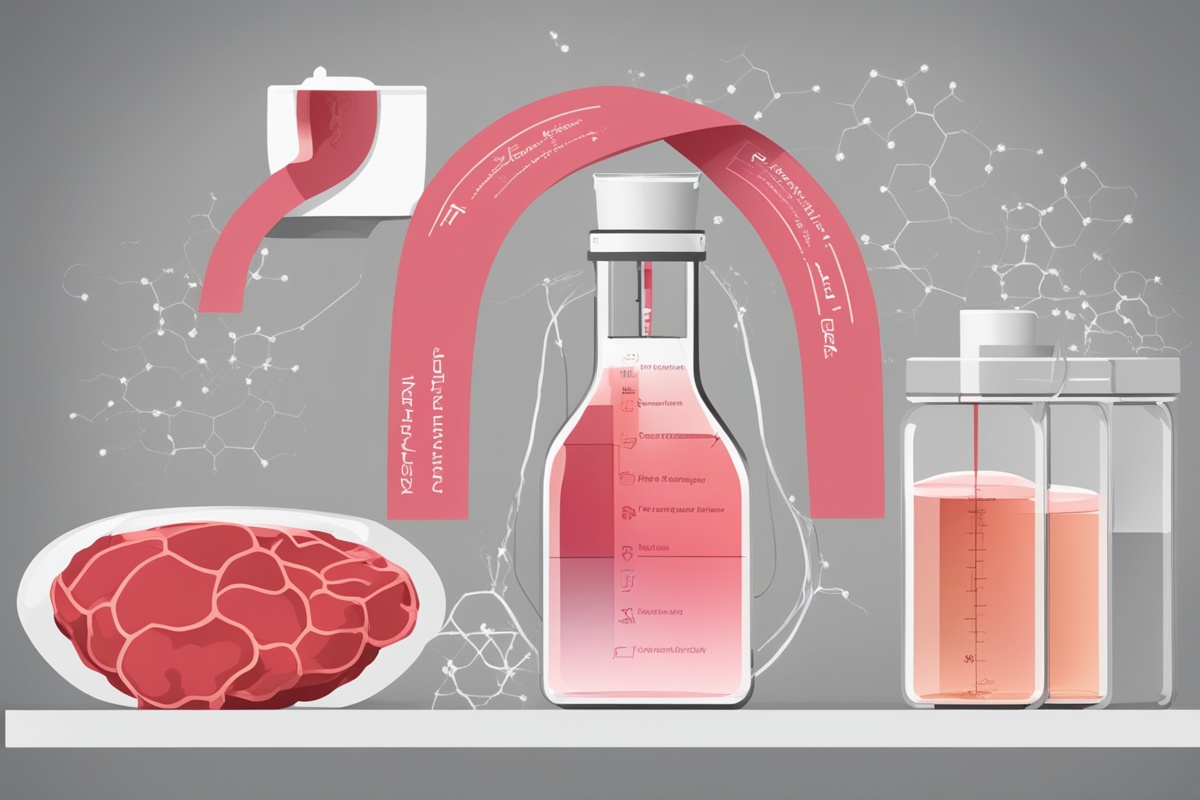Intermittent fasting (IF) has gained significant attention in recent years as a potential strategy for improving overall health, managing weight, and even preventing serious diseases like cancer. The concept of alternating periods of eating and fasting is not new, but modern research is beginning to uncover how this dietary approach may play a role in reducing cancer risk. In this article, we’ll explore the connection between intermittent fasting and cancer prevention, diving into the science, potential benefits, and practical considerations for incorporating IF into your lifestyle.
What Is Intermittent Fasting?
Intermittent fasting is not a diet in the traditional sense but rather an eating pattern that cycles between periods of fasting and eating. Popular methods include the 16/8 method (fasting for 16 hours and eating during an 8-hour window), the 5:2 diet (eating normally for five days and restricting calories on two non-consecutive days), and alternate-day fasting. The primary goal of IF is to allow the body to enter a state of metabolic rest, which can trigger various physiological benefits. When it comes to intermittent fasting cancer prevention, the focus is on how fasting impacts cellular processes that may inhibit cancer development.
The Science Behind Intermittent Fasting and Cancer Prevention
Emerging research suggests that intermittent fasting may influence cancer risk through several mechanisms. During fasting periods, the body undergoes a process called autophagy, where cells break down and recycle damaged components. This “cellular cleanup” may help prevent the accumulation of harmful mutations that could lead to cancer. Additionally, fasting reduces insulin levels and inflammation, both of which are linked to cancer growth. Studies on animals have shown that fasting can slow tumor growth and enhance the effectiveness of treatments like chemotherapy. While human studies are still in early stages, the potential of intermittent fasting for cancer prevention is promising and warrants further exploration.
For more on the science of fasting, check out our related post on Fasting Benefits for Metabolism.
Potential Benefits of Intermittent Fasting for Cancer Risk Reduction
One of the key benefits of intermittent fasting in the context of cancer prevention is its ability to improve metabolic health. High insulin levels and obesity are known risk factors for certain cancers, including breast and colorectal cancer. By reducing insulin resistance and promoting weight loss, IF may lower these risks. Furthermore, fasting can decrease oxidative stress and inflammation in the body, creating an environment less conducive to cancer cell proliferation. Some researchers also believe that fasting may “starve” cancer cells by limiting their access to glucose, though this theory requires more clinical evidence in humans to be fully substantiated.
Learn more about how fasting impacts inflammation in our article on Fasting and Inflammation Reduction.
Challenges and Risks of Intermittent Fasting for Cancer Prevention
While the potential benefits of intermittent fasting are exciting, it’s not without challenges. Fasting can be difficult to sustain, especially for beginners, and may lead to side effects like fatigue, irritability, or overeating during non-fasting periods. For individuals with a history of eating disorders or certain medical conditions, IF may not be suitable. Additionally, cancer patients or survivors should approach fasting with caution, as it could interfere with treatment or recovery. Always consult a healthcare provider before starting any fasting regimen, especially if you’re exploring intermittent fasting for cancer prevention purposes.
How to Start Intermittent Fasting Safely
If you’re interested in trying intermittent fasting as a potential tool for cancer prevention, start slowly and choose a method that fits your lifestyle. Beginners might try the 16/8 method, fasting overnight and skipping breakfast, for example. Stay hydrated during fasting periods, and focus on nutrient-dense foods during eating windows to support overall health. Monitor how your body responds, and don’t hesitate to adjust your approach if you experience discomfort. For additional guidance, explore our post on Beginner’s Guide to Intermittent Fasting.
Future Research and Considerations
While the early findings on intermittent fasting and cancer prevention are encouraging, much of the research is still preliminary. Most studies have been conducted on animals or small human cohorts, and large-scale clinical trials are needed to establish definitive links. It’s also important to recognize that IF is not a cure or guaranteed preventive measure for cancer. Lifestyle factors like smoking cessation, regular exercise, and a balanced diet remain critical components of cancer risk reduction. As research evolves, we’ll gain a clearer understanding of how intermittent fasting fits into the broader landscape of cancer prevention strategies. For related insights, read our articles on Fasting and Longevity and Fasting for Chronic Disease Management.
Disclaimer: The information provided in this article is for educational purposes only and should not be considered medical advice. Intermittent fasting may not be suitable for everyone, especially those with pre-existing health conditions or undergoing cancer treatment. Always consult with a qualified healthcare professional before making any changes to your diet or lifestyle, particularly if you are exploring intermittent fasting for cancer prevention or other health goals.
References
- Antunes, F., et al. (2019). Autophagy and intermittent fasting: The connection for cancer therapy? Clinics (Sao Paulo).
- National Cancer Institute. (2020). Can Intermittent Fasting Reduce Cancer Risk?
- Nencioni, A., et al. (2019). Fasting and cancer: Molecular mechanisms and clinical application. Nature Reviews Cancer.
- Harvard Health Publishing. (2018). Intermittent Fasting: Surprising Update.
- MD Anderson Cancer Center. (n.d.). Intermittent Fasting and Cancer: What You Need to Know.
This content is for informational purposes only and not a substitute for professional advice.






